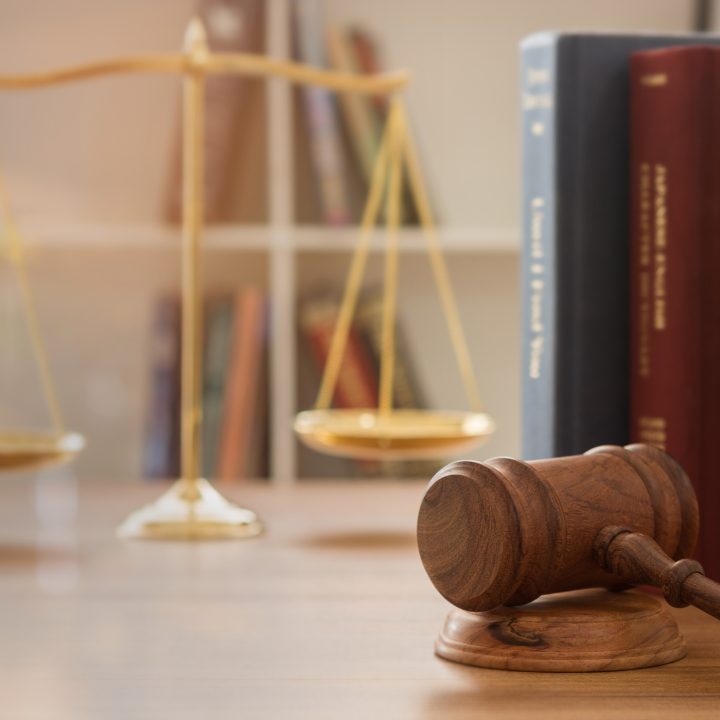Legislative developments signal increasing commitment to corporate accountability for human rights abuses

BHRRC
Victims of corporate human rights abuse face persistent challenge in obtaining effective legal remedy, both in host countries and in the context of transnational litigation, as notably reflected by the US Supreme Court decision in Kiobel v. Shell in 2013 and those that followed. Nevertheless, to circumvent these barriers to effective remedy and the lack of mandatory human rights and environmental due diligence (mHREDD) legislation in most countries, lawyers continue to innovatively test the bounds of a suite of laws to develop expanded avenues for corporate accountability. In the US, for example, this has included the Tariff Act of 1930, the Trafficking Victims Protection Act of 2000 and the Trafficking Victims Protection Reauthorization Act. In France, lawyers have used laws barring deceptive advertising to hold companies to account for labour rights abuses. They have also used a novel legal argument of “concealment of forced labour and of crimes against humanity” in a French lawsuit against major garment companies over allegations of profiting from Uyghur forced labour.
However, these creative lawyering strategies aside, clear and robust human rights legal frameworks are required to ensure companies’ respect for human rights and affected people’s access to remedy. Recent developments suggest that political will, supported by civil society efforts and an increasing number of companies, is growing across a range of jurisdictions to more pointedly regulate companies’ approach to human rights through legislation.
Below is an overview of recent examples.
At the EU level
In February 2022, the European Commission published its proposal for mHREDD. While this long-awaited initiative will help create a level playing field across the regional block, civil society urged that crucial changes be made to improve its effectiveness, such as enhancing provisions on companies’ civil liability, removing obstacles to access to justice in transnational litigation, and augmenting the list of so-called “high impact” industries to include sectors such as technology.
Additionally, the “Representative actions for the protection of the collective interests of consumers” directive will provide EU consumers with another powerful tool to ensure corporate accountability. This directive enables them to file collective claims against companies, and therefore benefit from more protection within the EU. Qualified entities authorised by Member States can also file claims on behalf of consumers, including in another EU country where the violation of the law occurred. According to lawyers, “wider momentum behind tougher consumer protection and class action claims makes this legislation significant for business.”
In North America
Following calls from civil society organisations to adopt mHREDD legislation, Canada’s House of Commons introduced Bill C-262 in March 2022. Its purpose is “to prevent, address and remedy the adverse impacts on human rights that occur in relation to business activities conducted by entities abroad” by conducting human rights and environmental due diligence.
In the US, two senators recently introduced the Alien Tort Statute Clarification Act (ATSCA), in part to address the impact of cases such as Kiobel, Jesner and most recently Nestlé that significantly narrowed the scope of the Alien Tort Statute, allowing companies to avoid liability for human rights abuses committed abroad. The aim of the ATSCA is therefore to ensure victims can hold US-based companies accountable for their extraterritorial human rights abuses. The International Accountability Roundtable (ICAR) welcomed this proposal, calling it a “significant step toward ensuring accountability for international law violations in U.S. courts.”
Also in the US, the Fashioning Accountability and Building Real Institutional Change (FABRIC) Act that will be introduced to Congress, could be a robust tool for garment workers’ protection as it seeks to hold fashion brands jointly responsible for labour practices alongside manufacturers. This proposal has been seen as a major step forward to achieve corporate accountability and “the bill’s targeted focus could also raise the bar for legislation in other countries”. This bill builds on similar initiatives at the state level. In New York, the proposed Fashion Sustainability and Social Accountability Act was introduced to hold the clothing industry legally accountable for its impact on climate change and for labour rights abuses. In 2021, California passed the Garment Worker Protection Act to improve wages and working conditions in the garment industry. It also provides for joint liability regarding unpaid wages between the “brand guarantors, along with manufacturers and contractors”.
These legislative developments offer high hopes for corporate legal accountability and for affected communities to seek justice. They could also pave the way for other countries or regional blocks to follow suit.